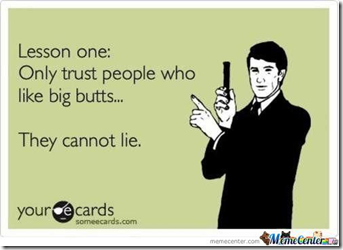There was a time in my life when I was homeless. I lived in my car and was unemployed. While this was primarily the result of being arrested and tired for a crime I did not commit, I was also living without a safety net.
No family. No savings. No education beyond high school.
Had a family of Jehovah Witnesses not taken me in when I was in trouble, I would’ve spent a much longer period of time without a roof over my head, and it would’ve taken me even longer to find a job.
After being out of work for almost three months, I finally landed jobs as a teller at South Shore Bank in Stoughton, Massachusetts and at McDonald’s as the closing manager for a franchise in Brockton.
Ironically, both South Shore Bank and McDonald’s would later testify against me at my trial while I was still employed by both companies.
For a period of about two years, I was impoverished, surviving only thanks to the kindness of friends. Even before that, I had been living below the poverty level for most of my life.
I mention this because recent data indicates that four out of five US adults struggle with joblessness, near poverty or reliance on welfare for at least parts of their lives.
That number seems exceedingly high to me, but it may be reflective of the place I live and the people I know. In my circle of friends and associates, my story of homelessness, unemployment and poverty seems like an unusual one. I know very few people who were ever in a position even close to my own, and yet according to the data, 80% of Americans experience this kind of hardship at some point in their lives.

The only reason I am not still not living near the poverty line or worse is because I managed to get myself to college at the age of 24.
This was not easy.
I began my college career with three years at Manchester Community College, followed by three years at Trinity College and St. Joseph’s University concurrently, where I earned an Bachelor’s in English and a teaching certificate. In order to support myself and a family at the time, I managed a McDonald’s restaurant in Hartford, CT fulltime, worked in Trinity’s writing center part-time and launched my DJ business.
I was also active in student government, wrote for the school newspaper and was President of the Honor Society.
I still don’t know how I managed to do all this. Even though I am the one who managed to slog through those six years, I can’t imagine how I found the time and energy to accomplish all that I did. I suspect that the memory of the months spent living in my car, unsure about where my next meal would come from, constantly afraid that I would be robbed or worse when I went to sleep in the backseat, played an important role.
I often think that the poverty I experienced when I was young, both as a child and as a young man, has helped shape the man I have become. If given the chance, I wouldn’t change a thing.
My hardship has made me who I am.
But what was good for me is not good for all. If the data is correct, four out of five Americans experience circumstances similar to my own. While I’d like to think that they could also pull themselves up by the bootstraps, this simply isn’t the case.
Some are single mothers with childcare demands. Some live in places where education is not nearly as assessable. Some are battling health concerns and disabilities. Some are less equipped for college success. Some are not fortunate enough to find a family willing to take them in at their most desperate moment.
The economy is also very different today than it was in the mid-late 1990s. Jobs are harder to come by. The talent pool is more competitive. Low-skilled jobs are disappearing rapidly.
In a way, I’ve always felt relieved that it was me who had to live those difficult years, because I always knew that I could find a way to make things work.
Better me than someone else.
But to think that 80% of Americans will be forced to do the same is terrifying to me. My hope is that they have safety nets that I did not possess. Maybe they have access to social services that I did not. Perhaps they will be luckier than I was.
Still, 80% is an enormous number. A terrifying number. Knowing how difficult it is to escape poverty, I fear for these people.













